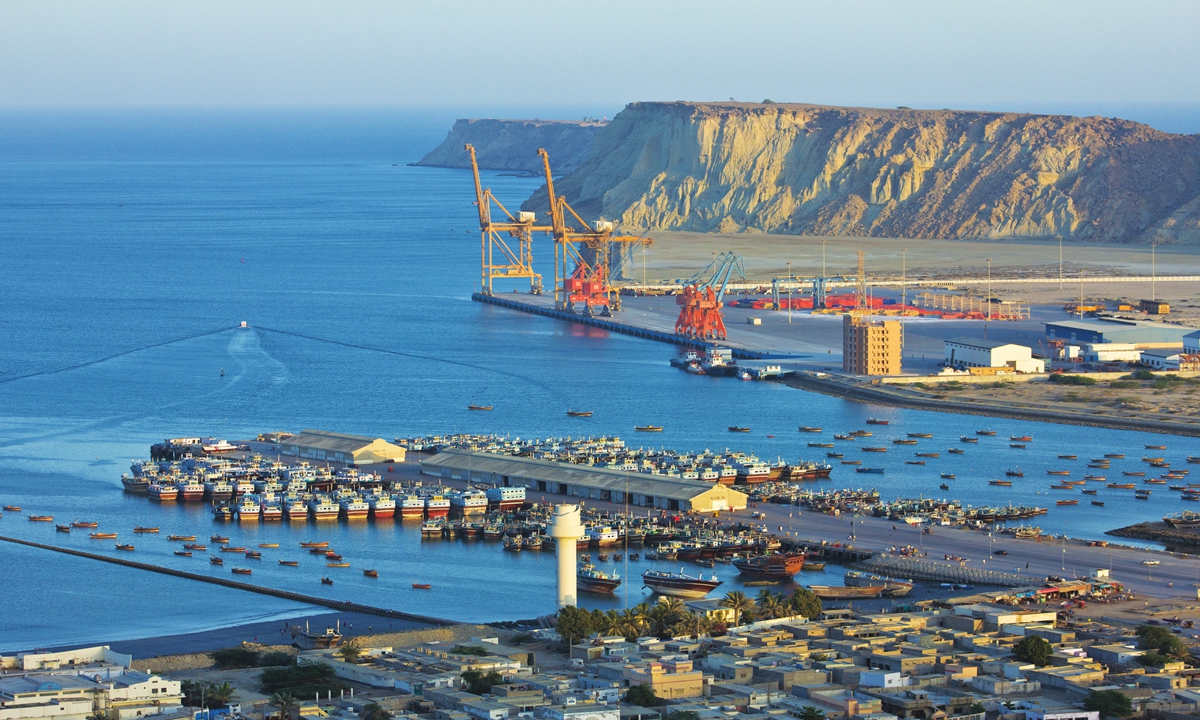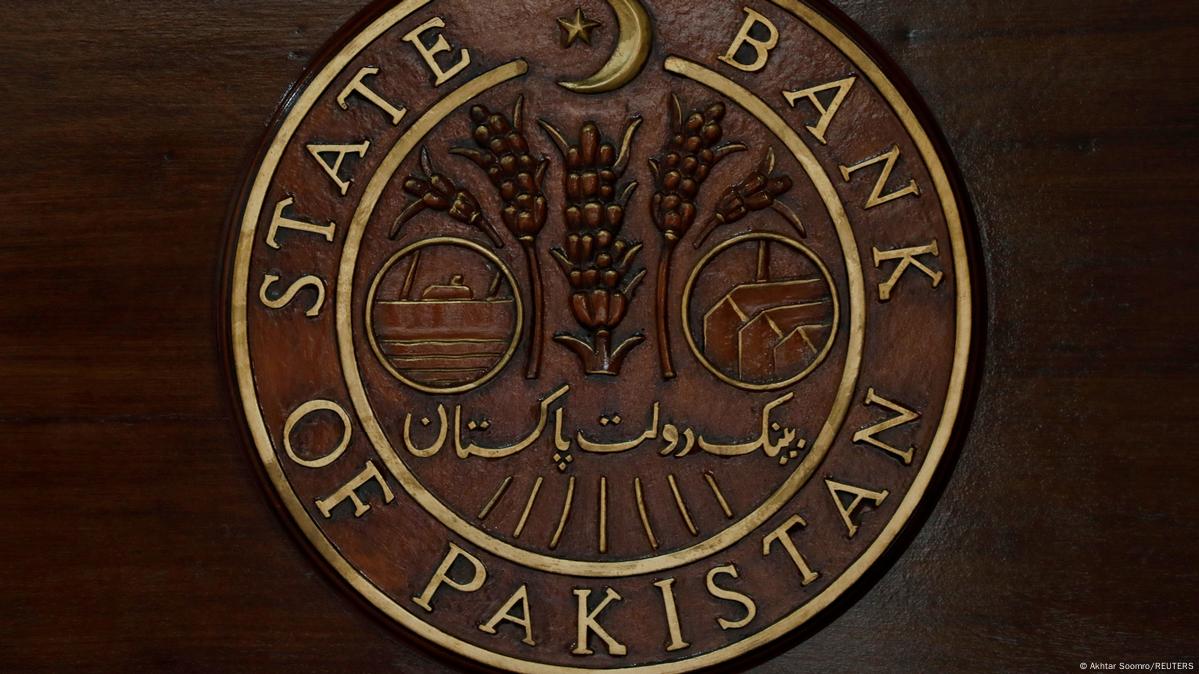
The Gwadar Port Authority (GPA) has officially notified the Balochistan government that the province receives no revenue share from Gwadar Port operations, despite its strategic significance—a revelation with critical tax and compliance implications for businesses operating in the region. Our tax law firm advises clients to assess the fiscal fallout and ensure alignment with Federal Board of Revenue (FBR) regulations amid this contentious issue.
The GPA, under the operational control of the China Overseas Ports Holding Company, disclosed that two port entities contribute 9% of their revenue to the GPA, while a third contributes 15%, yet none flows to Balochistan. The GPA cites Corporate Social Responsibility (CSR) projects as its contribution, but this has sparked renewed concerns over provincial rights and resource distribution, as Chief Minister Mir Sarfraz Bugti pledges to escalate the matter to the federal government. This aligns with broader maritime sector reforms, where Prime Minister Shehbaz Sharif approved a revamp aiming to boost revenue from Rs2,610 billion to Rs8,000-9,000 billion, per web sources like Dawn, though the China-Pakistan Economic Corridor (CPEC) context raises questions about revenue transparency.
From a tax law perspective, businesses in Gwadar—especially those in trade, logistics, or ancillary sectors like shipbuilding and fisheries—must scrutinize their tax obligations. The lack of provincial revenue share may shift tax burdens to federal levies, such as customs duties and sales tax at 17%, requiring accurate reporting under the Sales Tax Act, 1990, and Section 25 of the Customs Act. Clients should ensure deductibility of operational costs under Section 29 of the Income Tax Ordinance, with proper documentation, as FBR audits may intensify amid revenue optimization efforts. The Pakistan Maritime and Sea Port Authority (PMSPA)’s formation and digitization push signal heightened compliance scrutiny, potentially affecting input tax credits under Section 8B.
Critically, the narrative of “CSR contributions” may obscure unequal revenue allocation—web reports like The Express Tribune highlight local discontent over CPEC benefits, suggesting systemic tax evasion risks for foreign entities. Clients should prepare for retroactive tax claims as reforms unfold.
Our firm advises clients to review tax filings, ensure customs and sales tax compliance, and brace for FBR audits, navigating this complex fiscal landscape.









This website has been developed with good faith to create facilities for the people.Your ID Password and access to our website is for a specific period or temporary, it may be suspended at any time without telling any reason.Your ID Password or access does not create any your rights or liability onto owner of the website.
Office # 3-6, Ground Floor Idrees Chamber ,Talpur Road Karachi
info@taxhelplines.com.pk
+ 92 314-4062161
021-32462161
+ 92 305-2561915